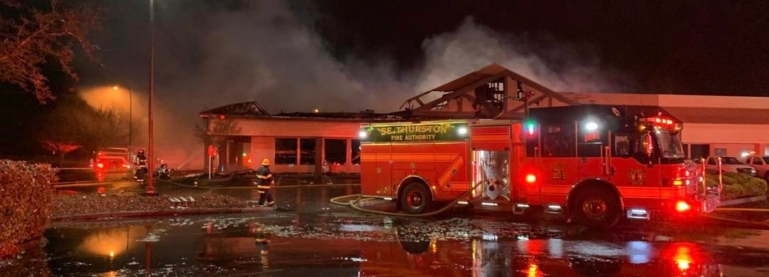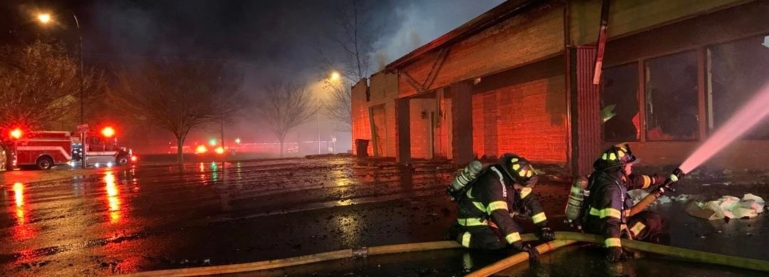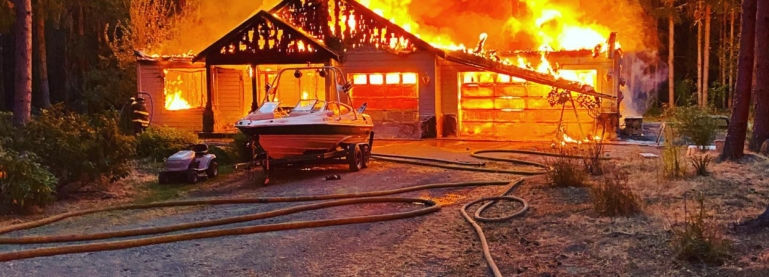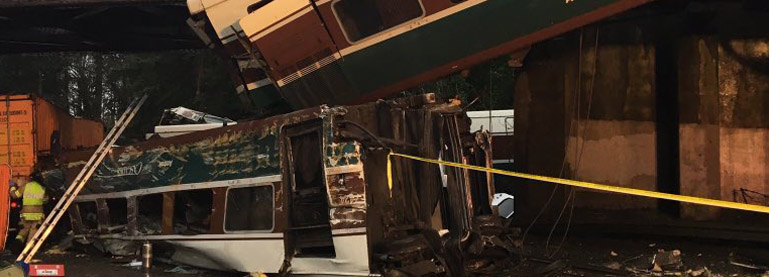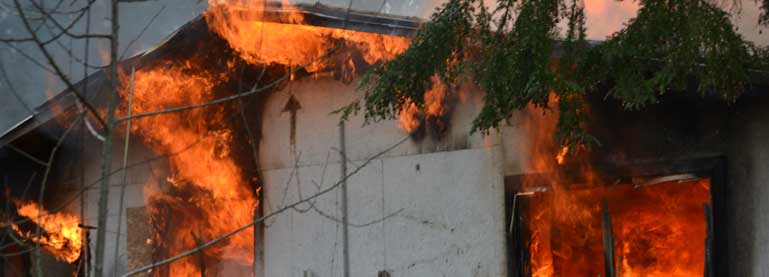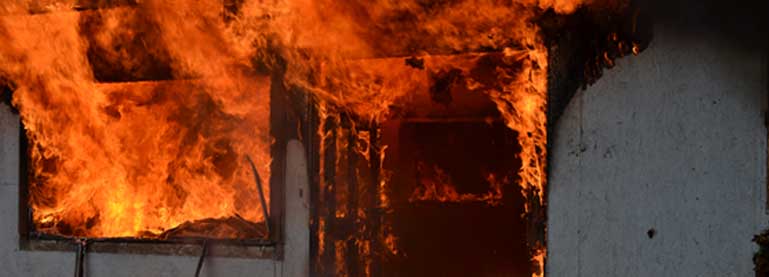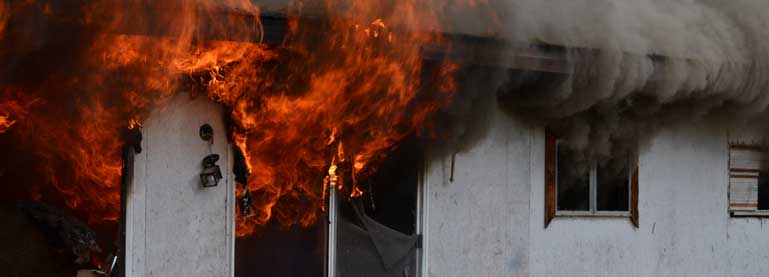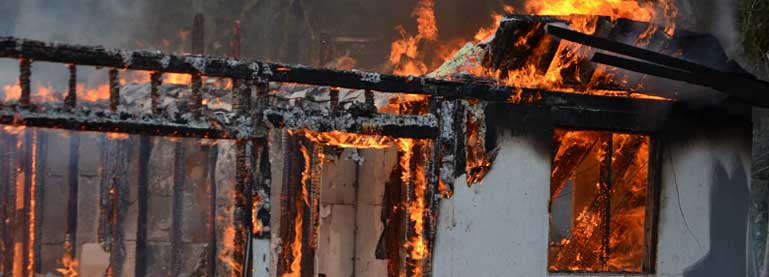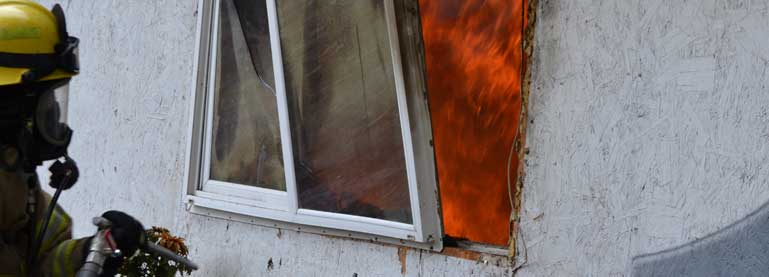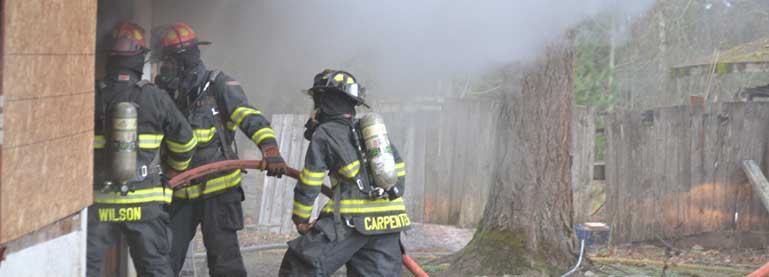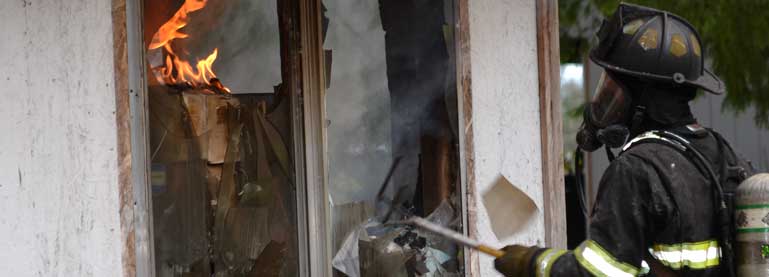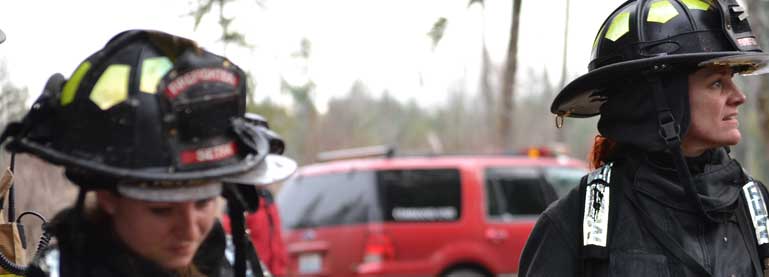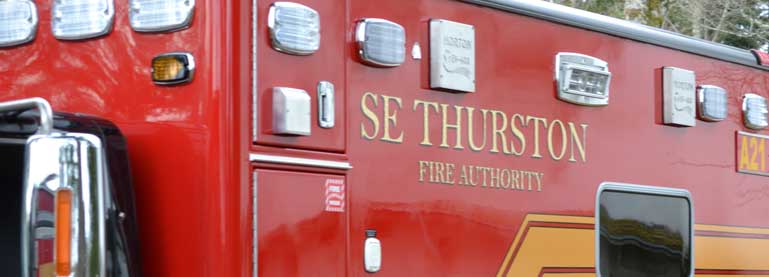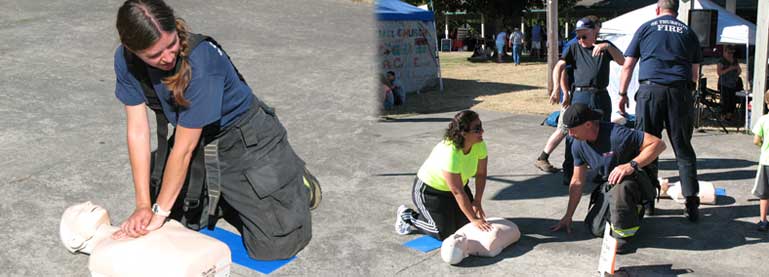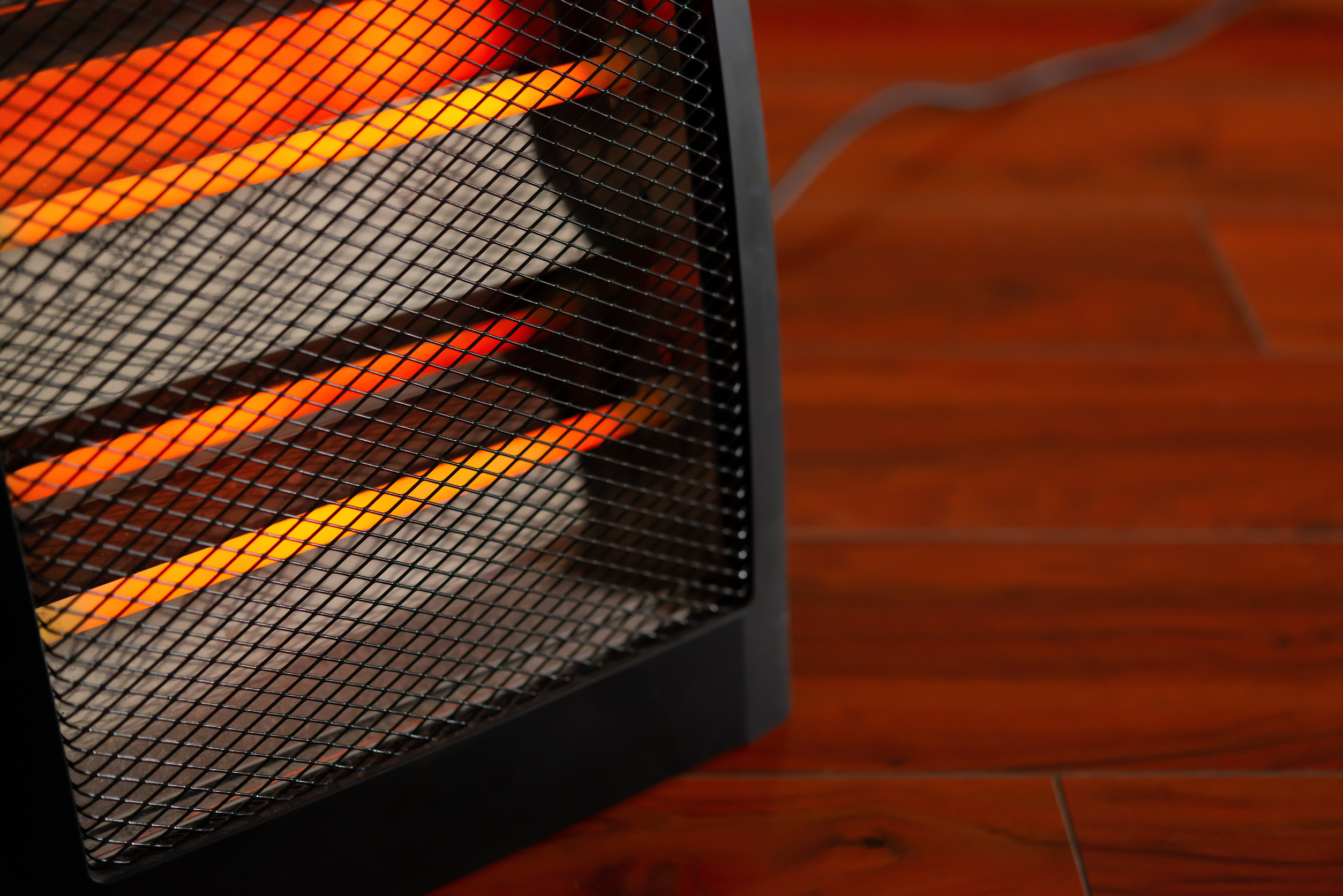Not every home is equipped with a sufficient heating system, and as we drift into colder weather, maintaining a safe and comfortable temperature at home has become a high priority for many. One of the most common secondary heating methods for houses and apartments are electric space heaters, and while they are generally a safe and effective way of controlling your home’s temperature, there are still some safety measures that need to be taken to ensure no problems arise.
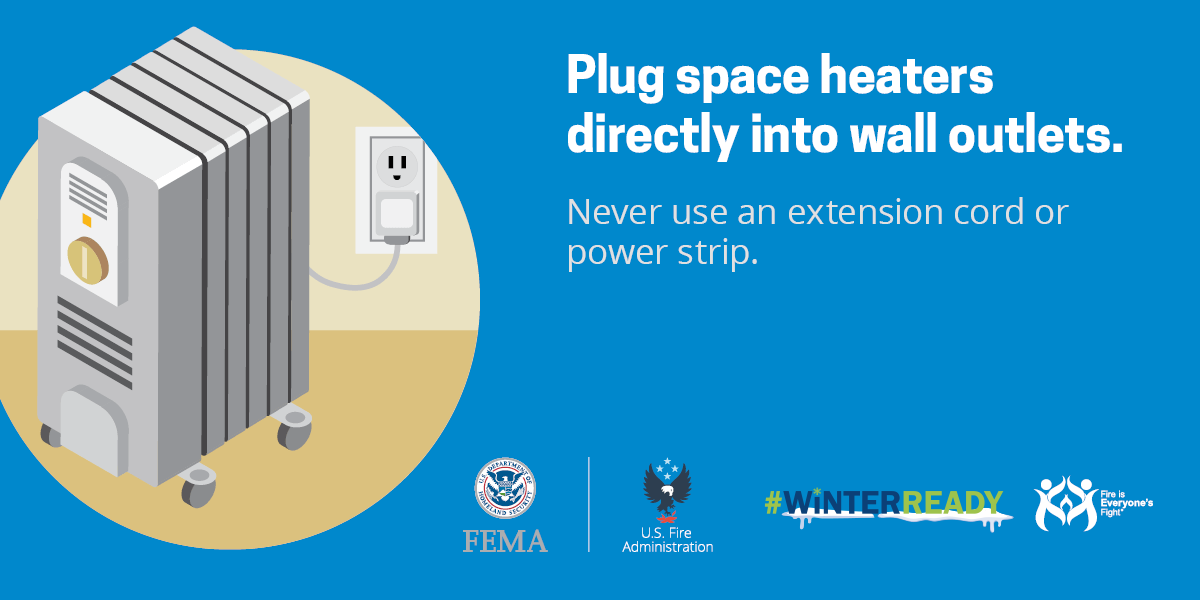
Do Not Use Extension Cords, Plug Heaters Directly Into an Outlet
Extension cords may be tempting when it comes to moveable heaters, as they allow you more freedom in where they can be placed, however extension cords also increase the risk of a fire or electrical short with these devices. Electric heaters use a large and steady amount of electricity, and most extension cords can’t handle that pull. As high amounts of electricity move through the extension cord, it can generate heat, melt the insulation, and cause a short or fire. It is far safer to plug electric heaters directly into an outlet, which is generally much more suited for the higher electrical pull.
Position Them Carefully
The location of your electric heater is often what decides if it is safe or not. Even though there is no open flame, there is still a fire risk when flammable objects come into contact with the heater. In general, it’s best to keep a 3-foot safety zone around your heater, with no walls, items, and especially bedding within this zone.
Turn the Heater Down or Off When Leaving or Sleeping
In an ideal world, we’d all be able to shut our heaters off when we’re leaving the house or going to sleep. This would completely avoid the risk of a fire or short while we’re not around to take care of it. However, if you’re using an electric heater, you might not have another form of heat to keep your home comfortable during these times. As such, the second most safe thing to do is to turn the heaters down and pull them to a wide open space when you’re not around to watch them. This reduces the amount of energy they use and the heat they put out, which in turn reduces the risk of a fire. This does NOT completely remove the risk, though so other safety measures should still be taken.
Stay safe and warm this winter, and remember to check social media and the news for any urgent weather updates!

